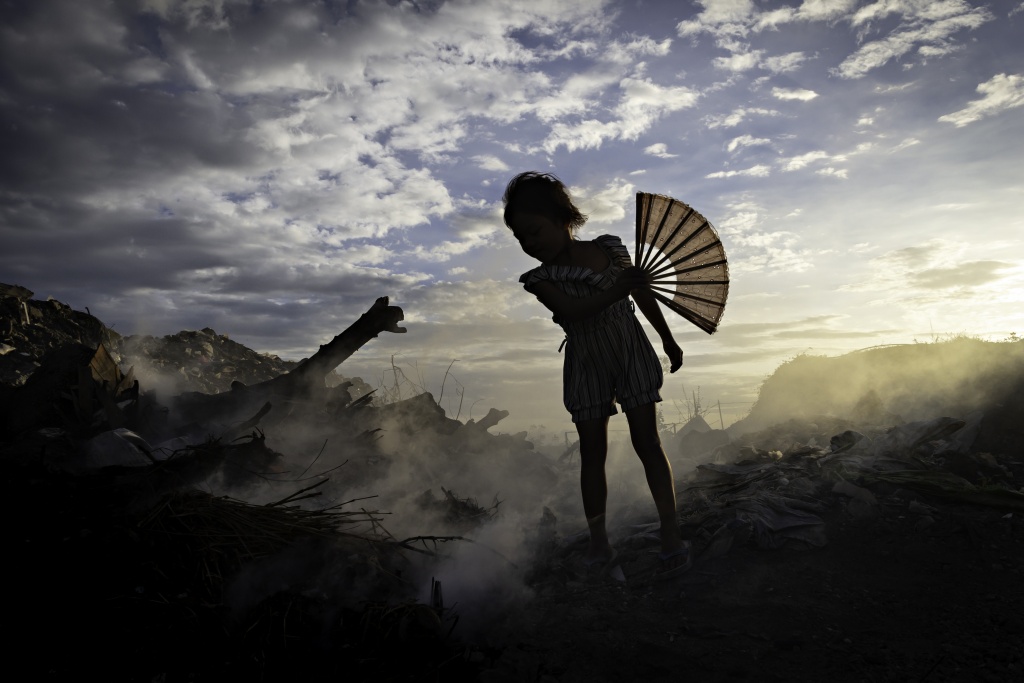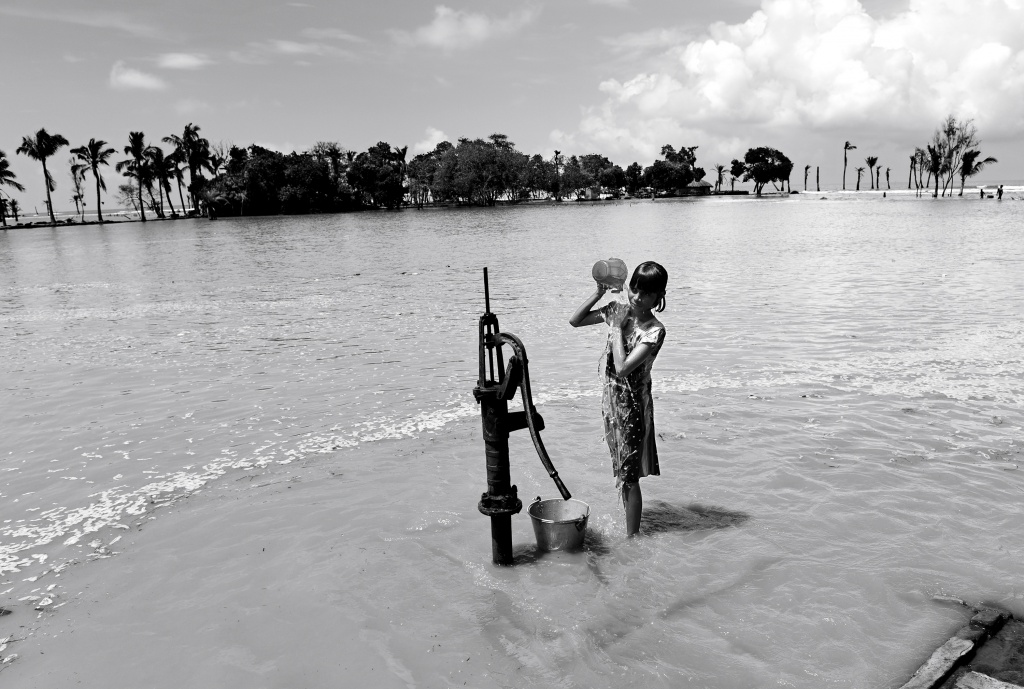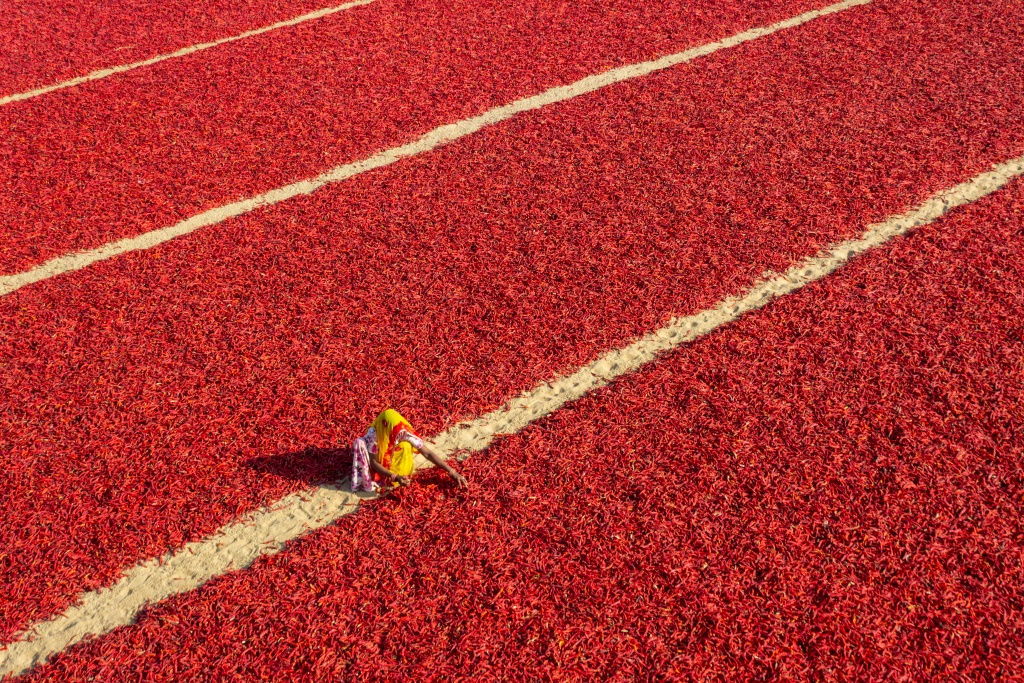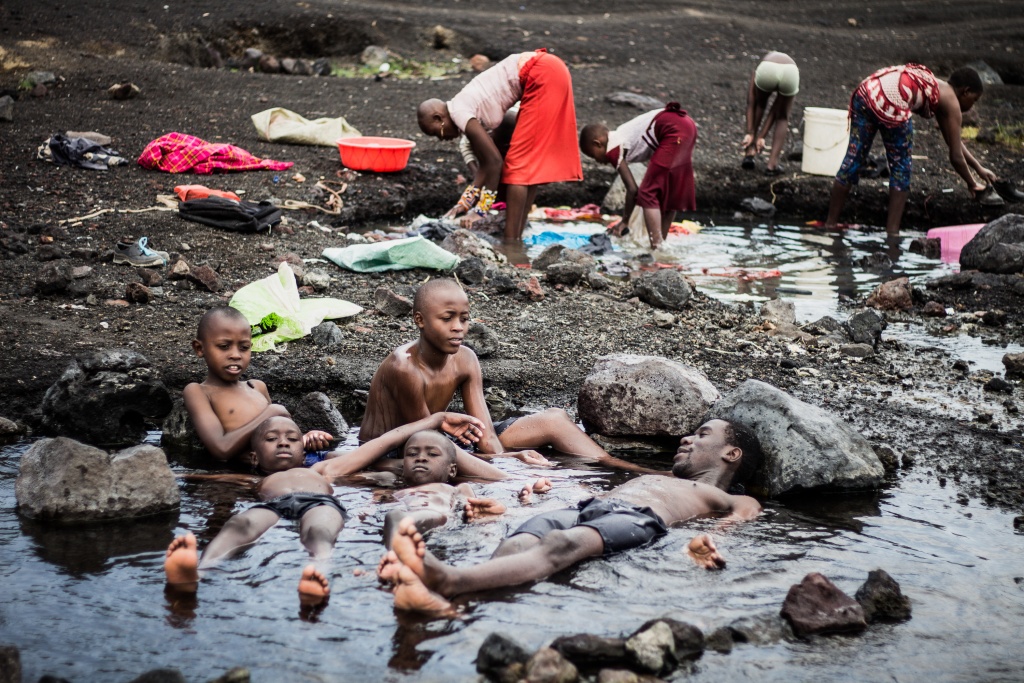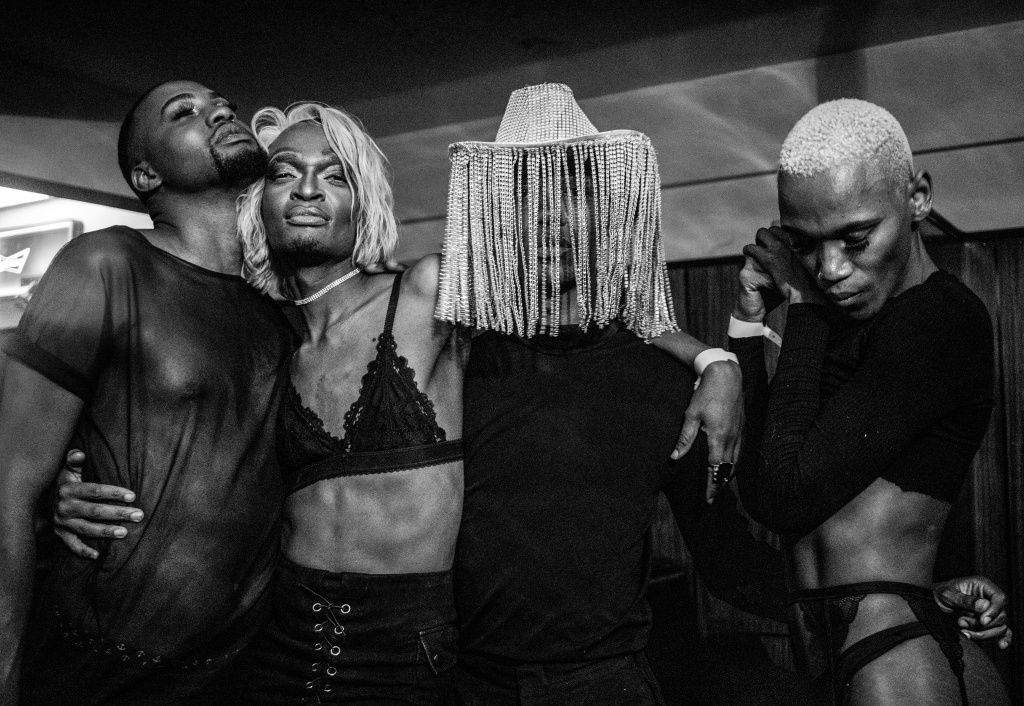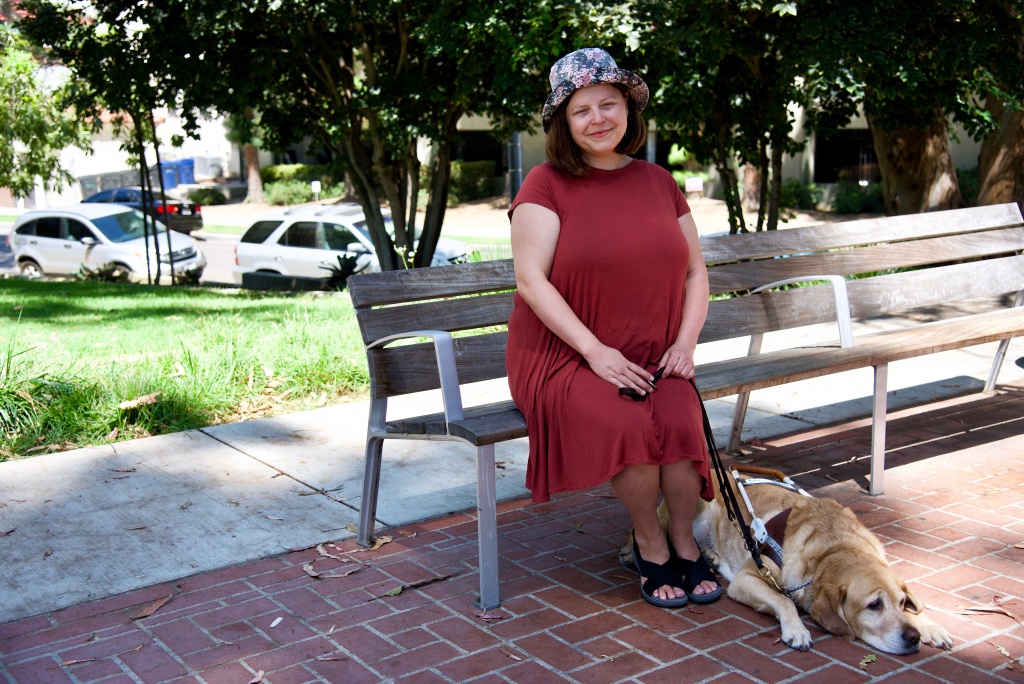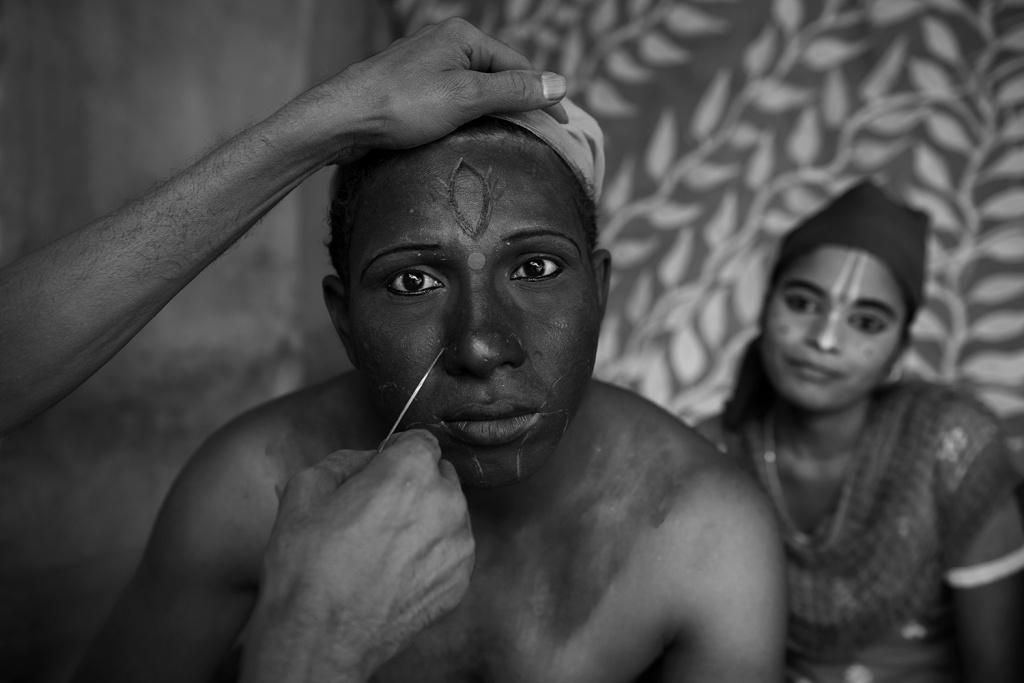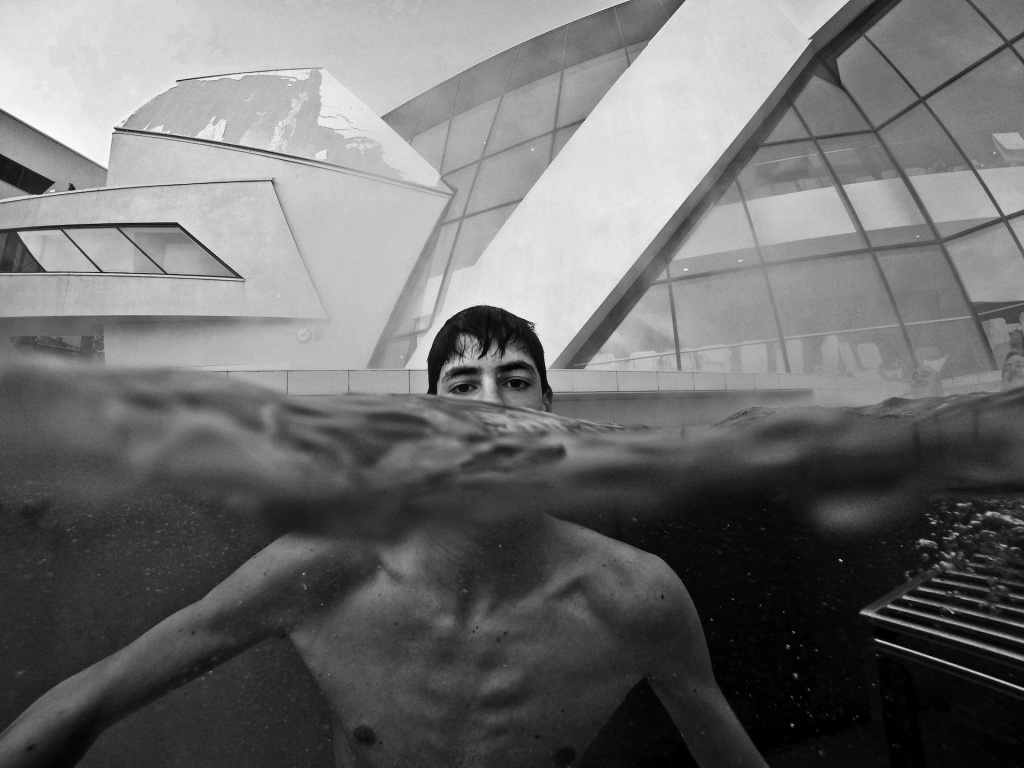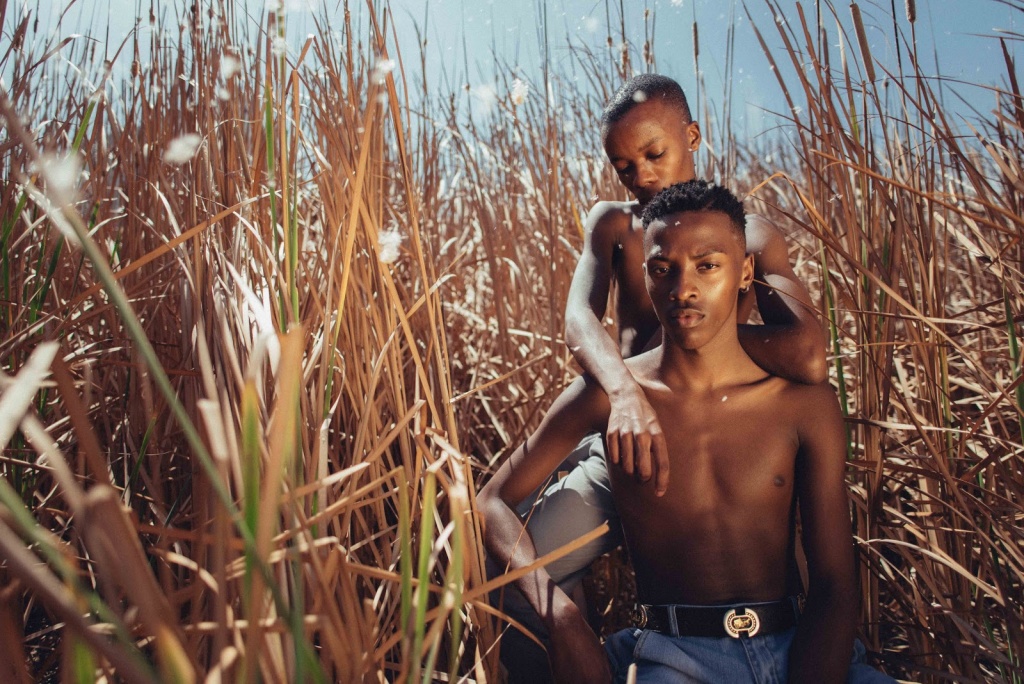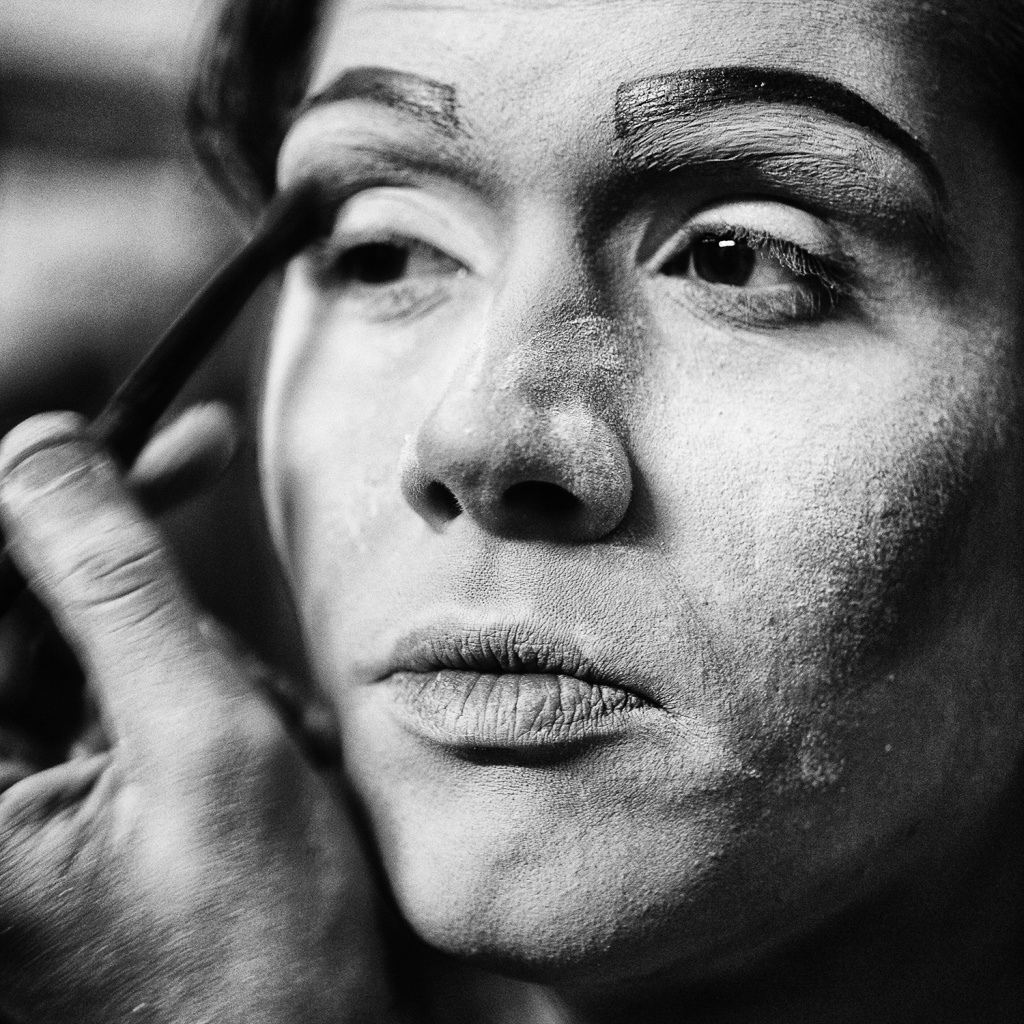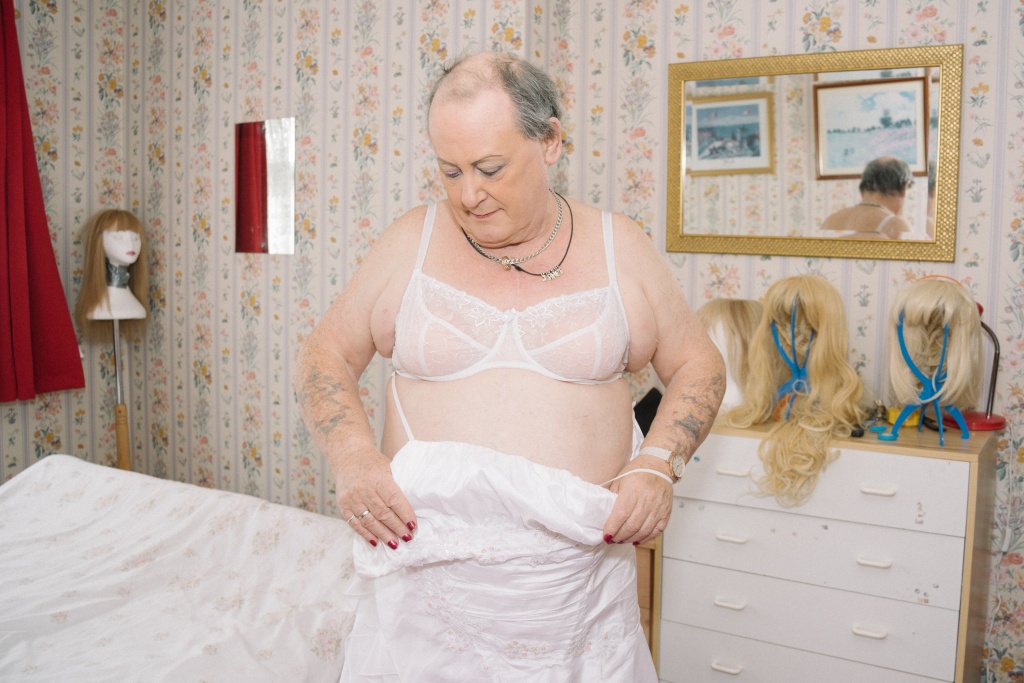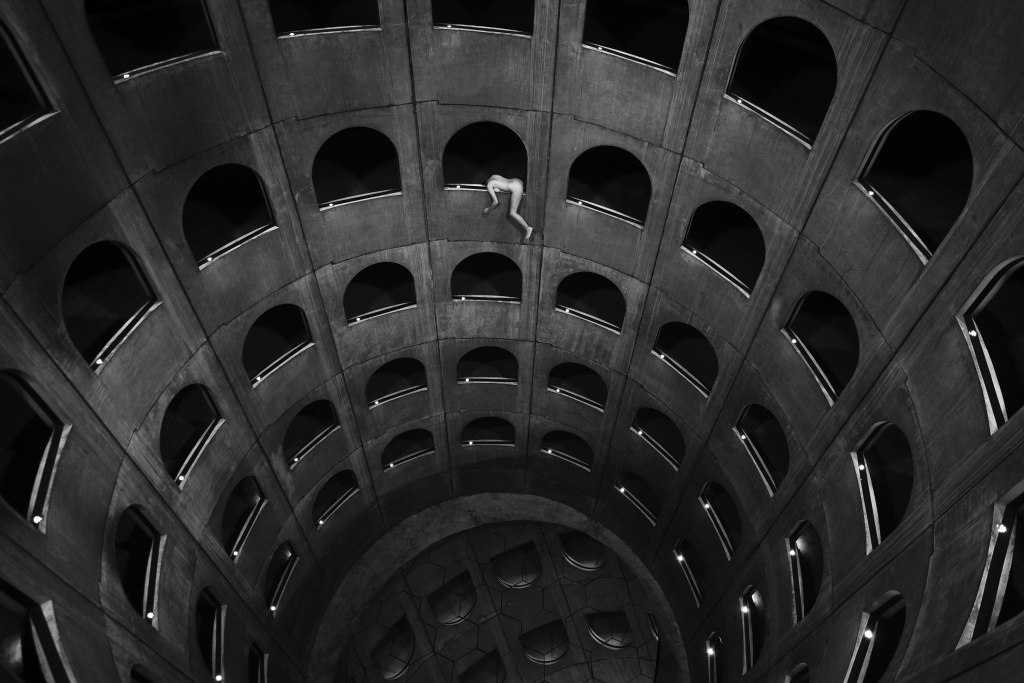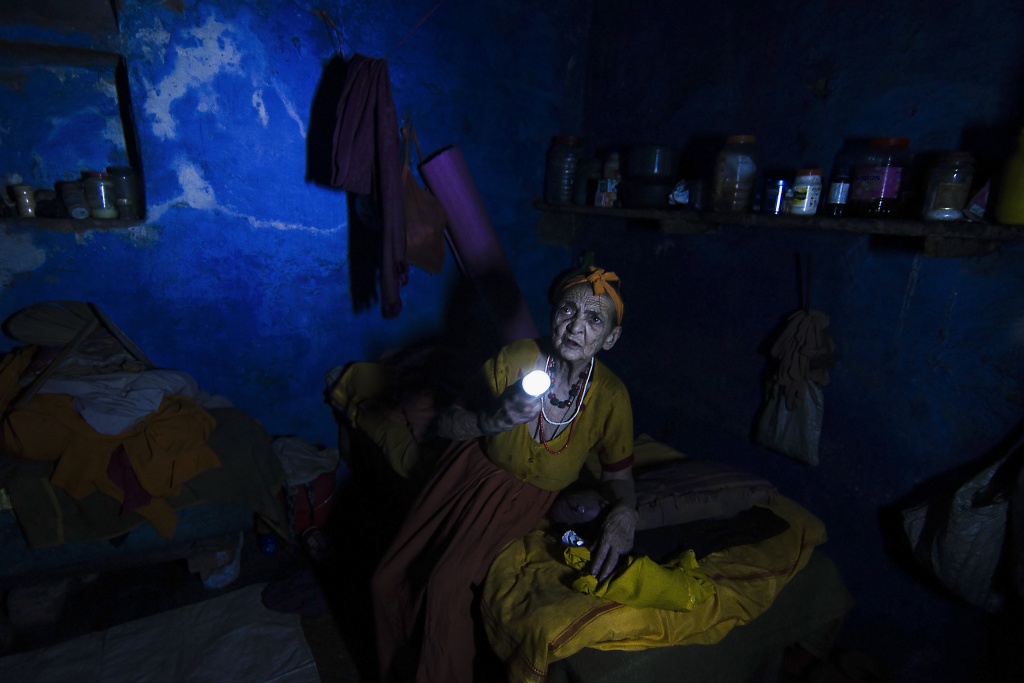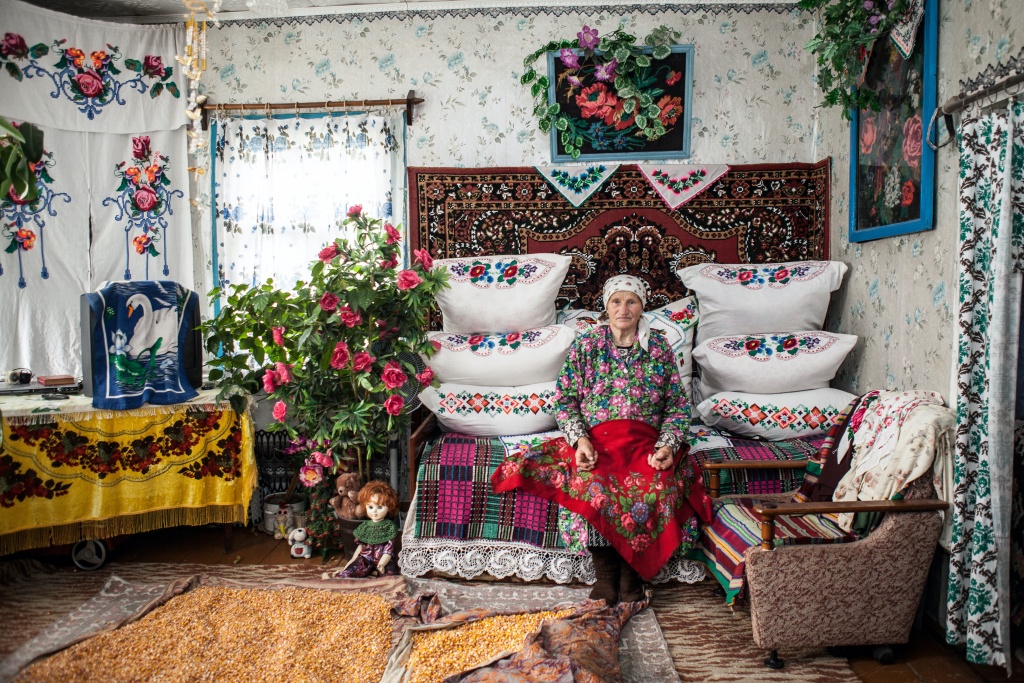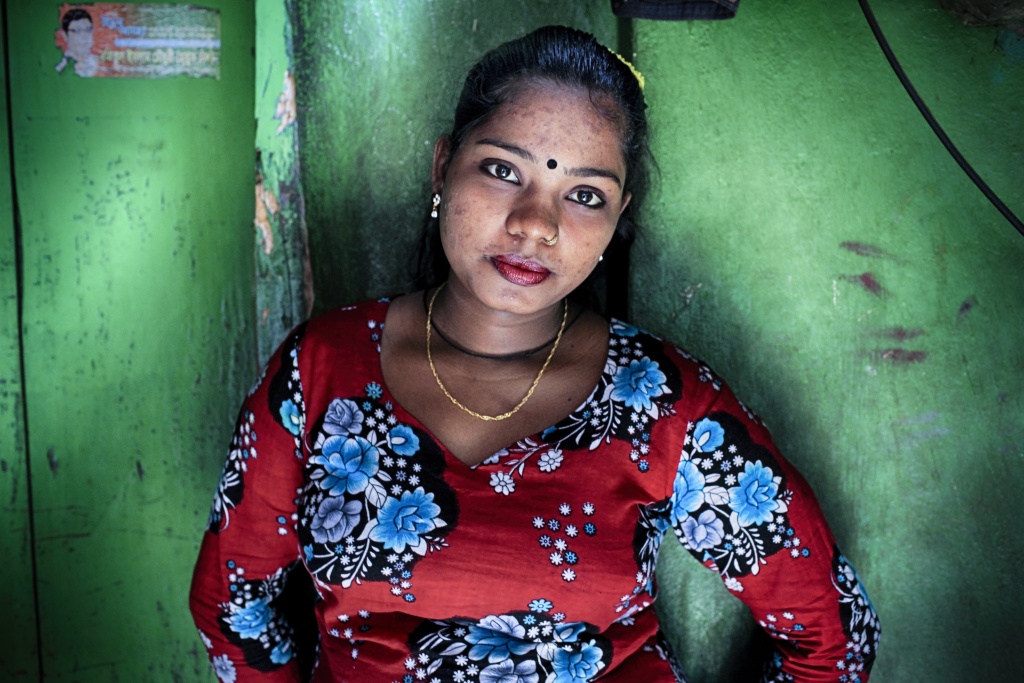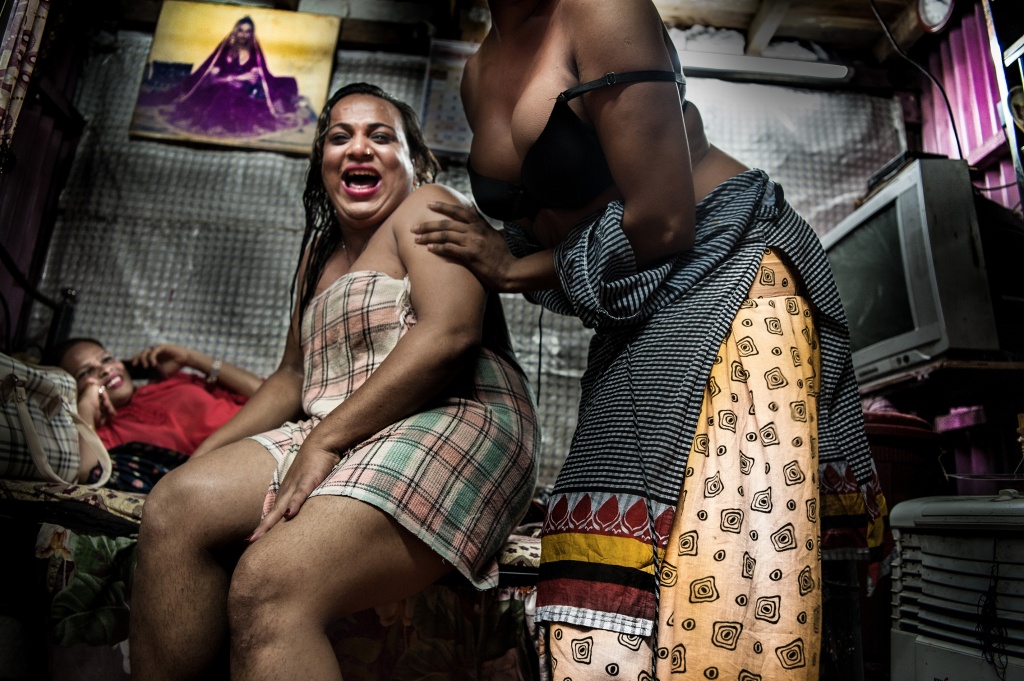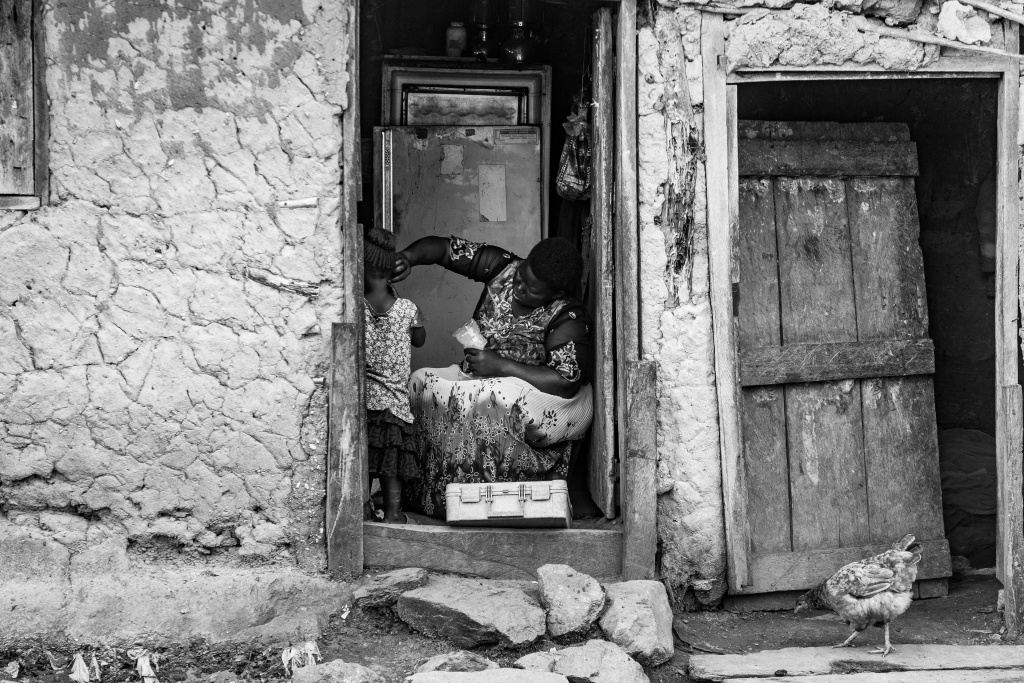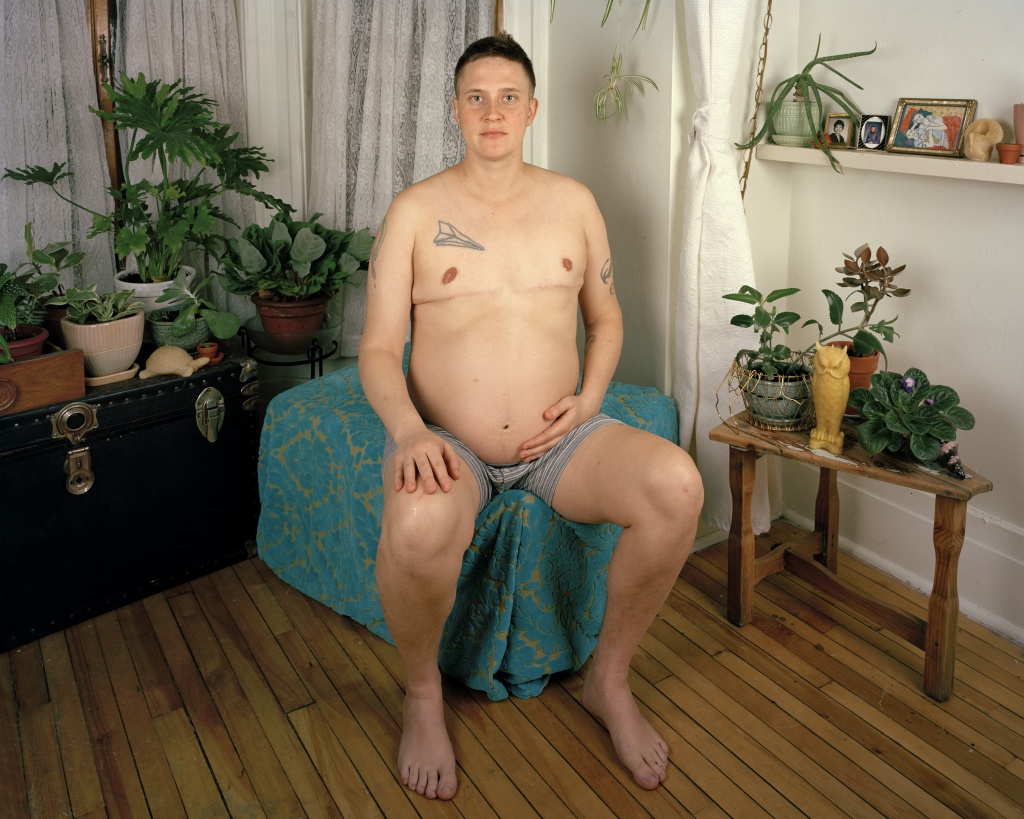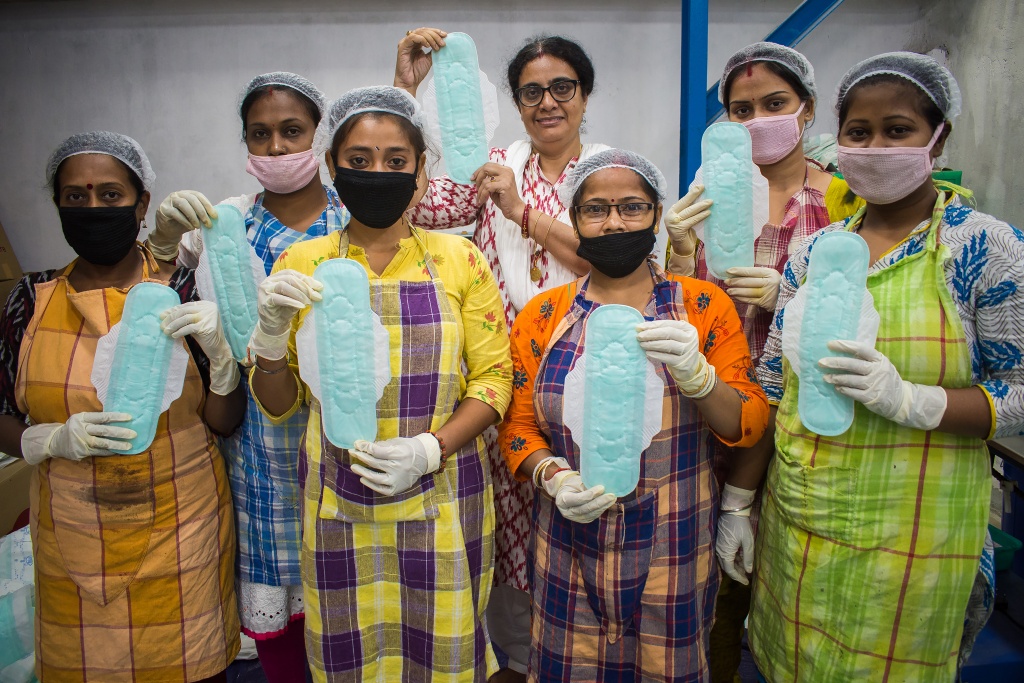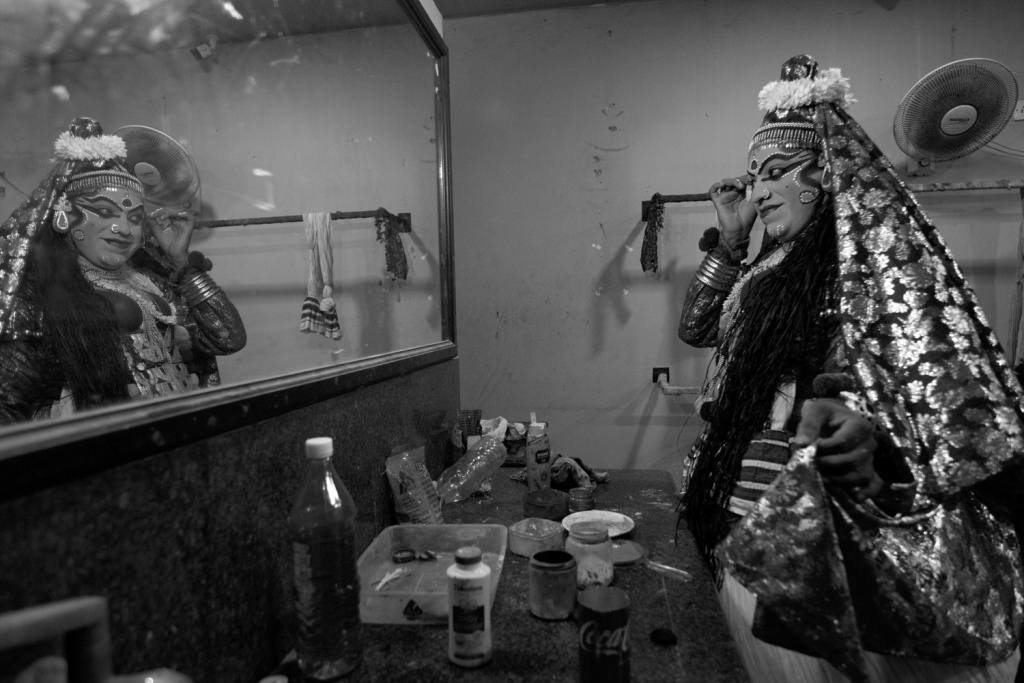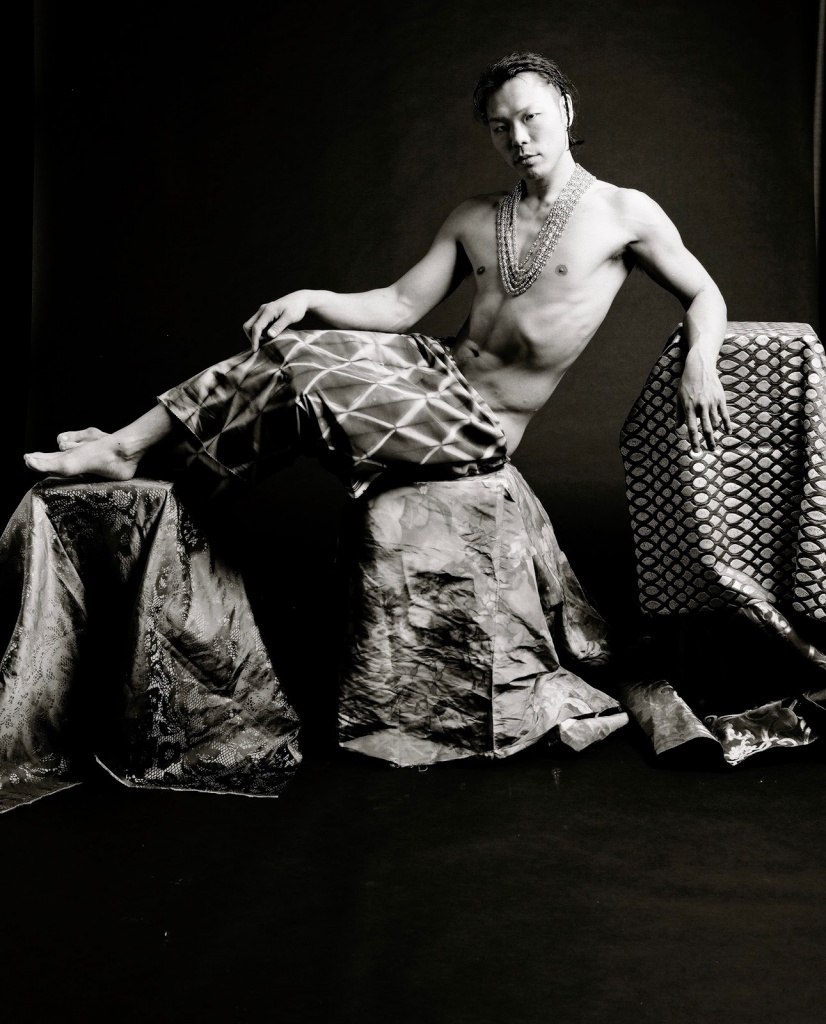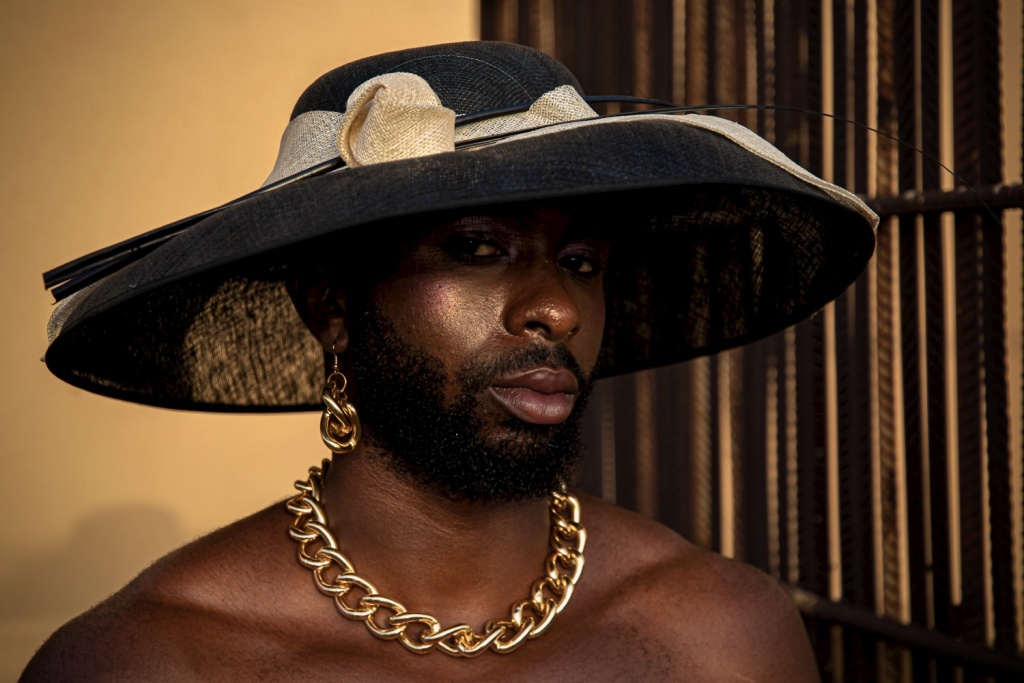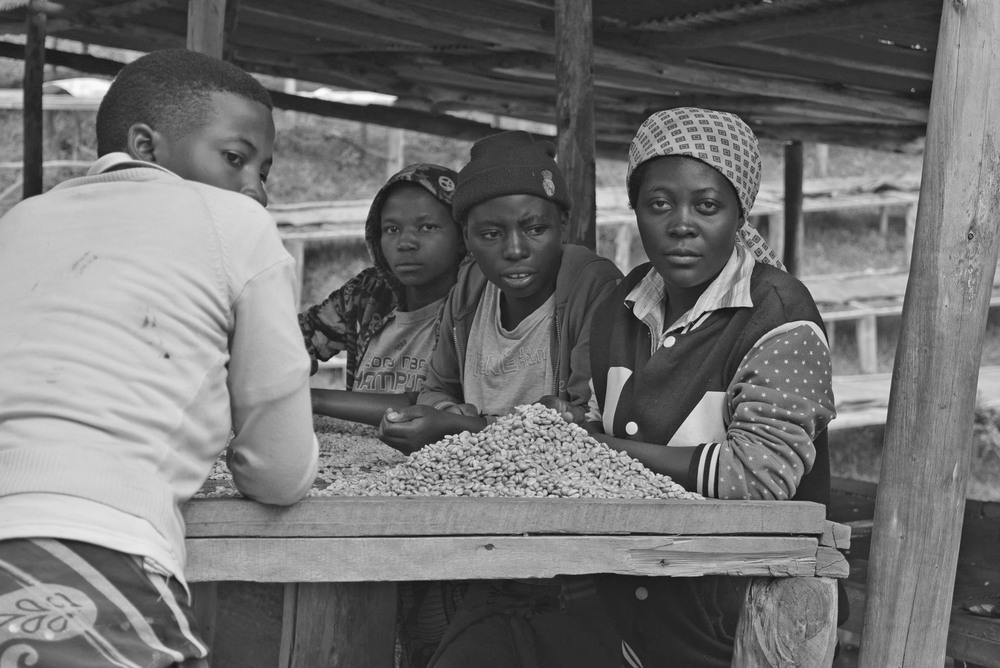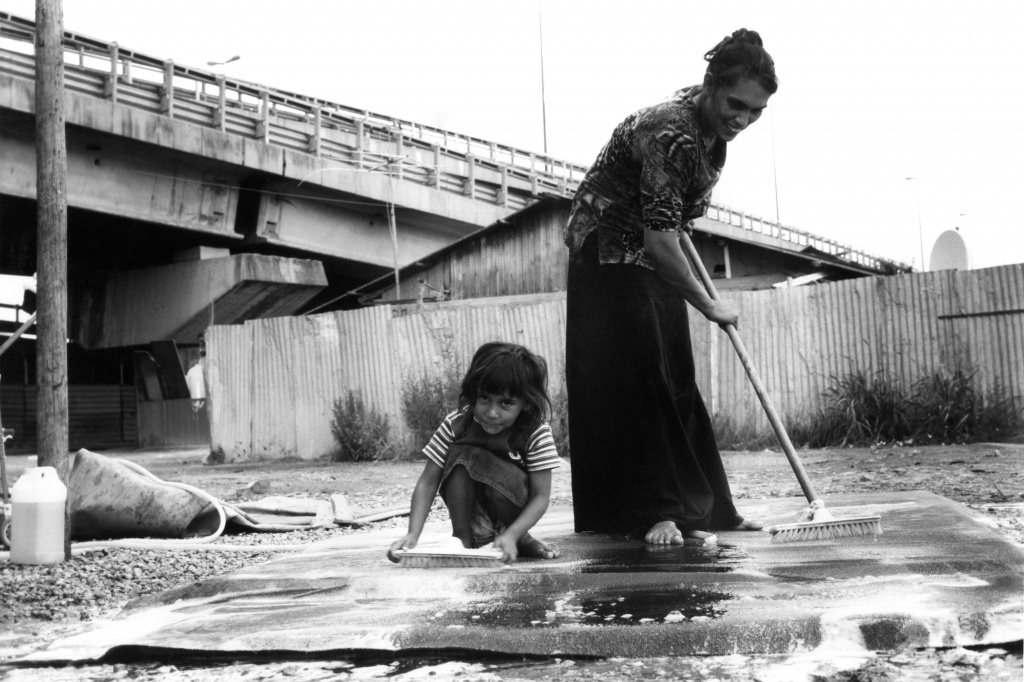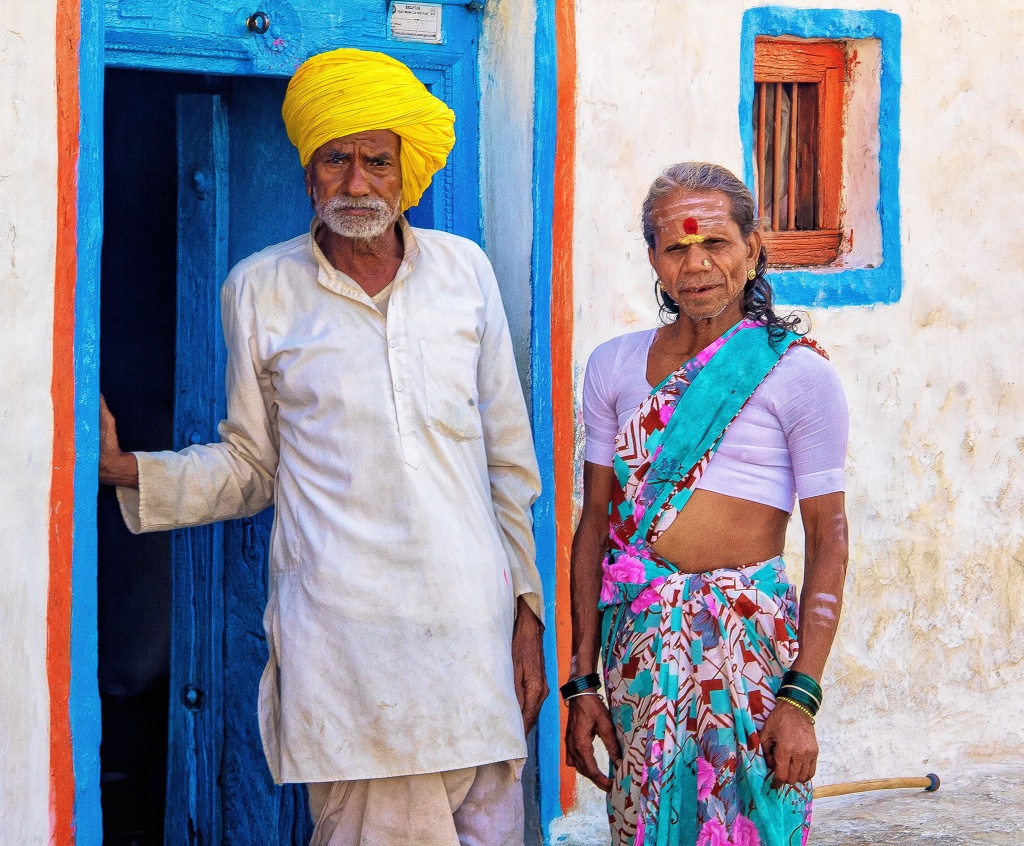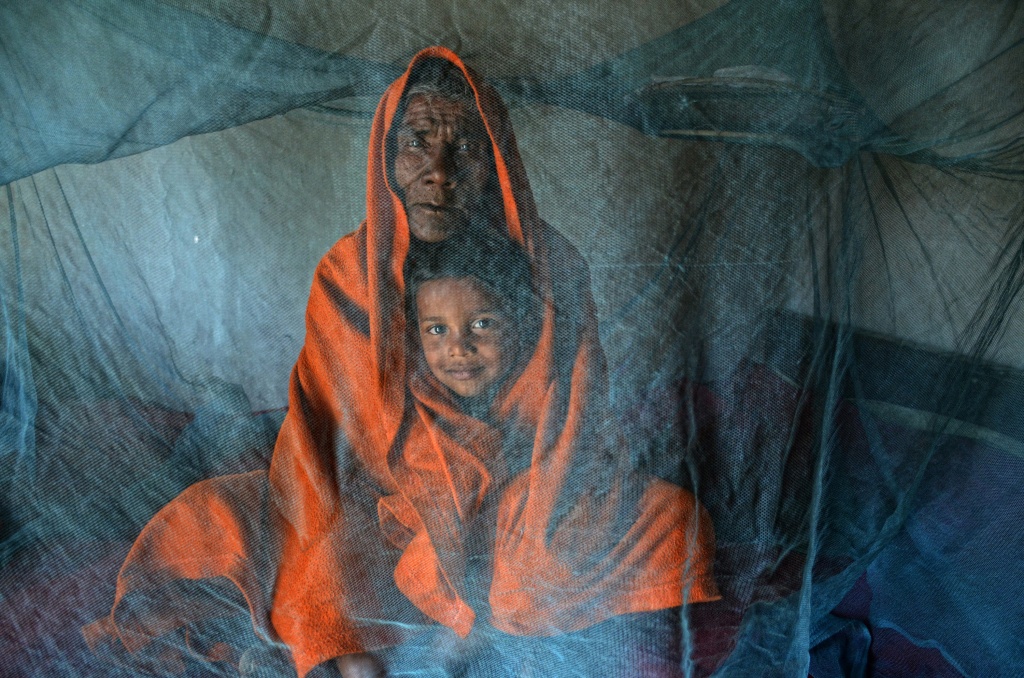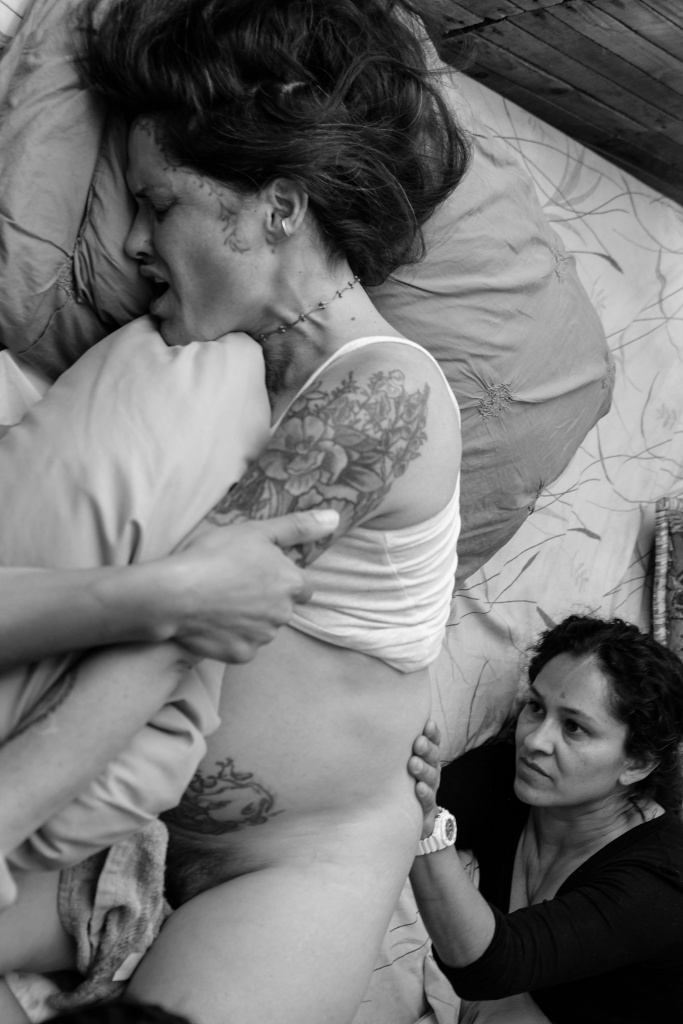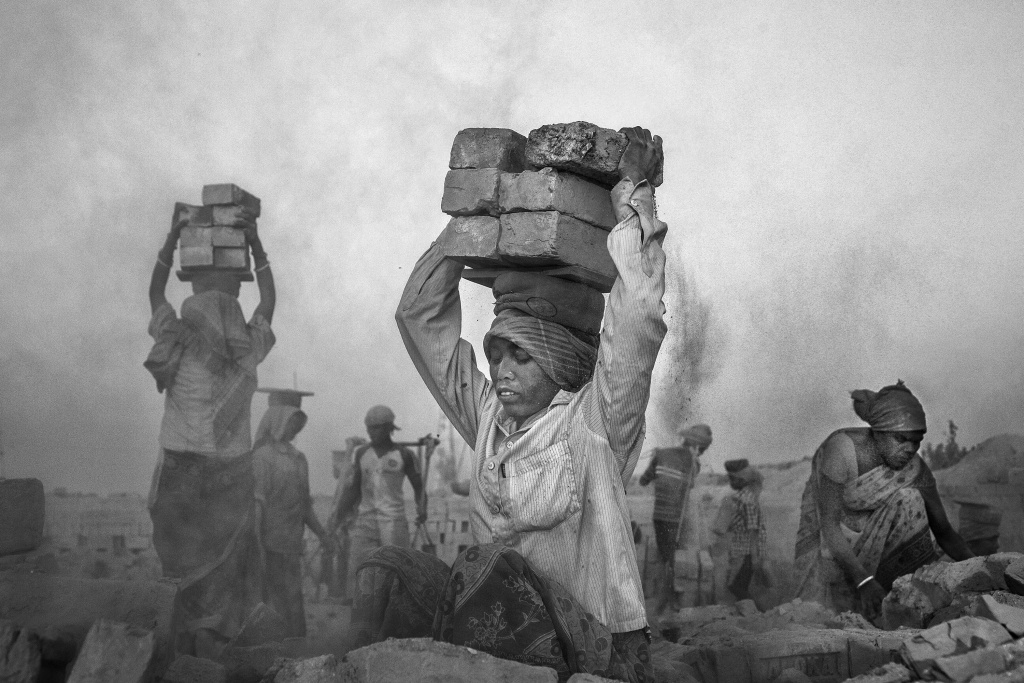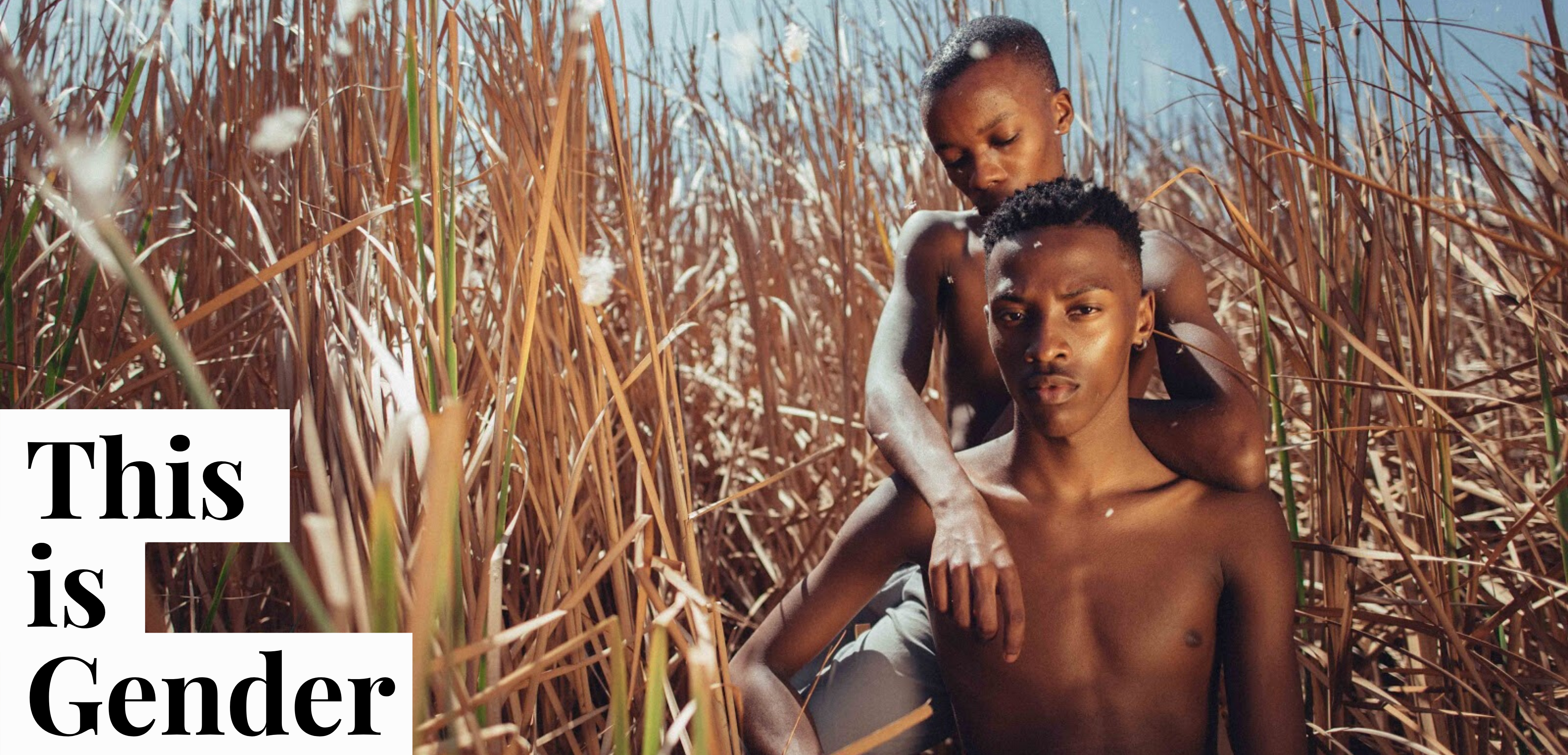
Image: V Untited, 2018, Micha Serraf (South Africa)
What does gender look like?
Gender permeates all aspects of our lives. It stratifies society, defines opportunities and shapes our identity. And yet there is a global tendency to reduce the dynamic, varied and complex nature of gender to a singular image of woman-as-other. In contemporary consciousness, gender’s face is invariably female.
This is gender is our challenge to this rigid and reductive way of seeing gender.
This is gender: A Global Photography Competition
In November 2019, we launched the #Thisisgender photography competition in response to the lack of representational diversity and critically reflective images of gender in global health. In the highly politicised and contested contemporary environment where the very concepts of gender and gender equality, and those who dare to promote it, are under attack worldwide, we believe that images that explore gender in all its dazzling diversity are more important than ever.
We received over 400 submissions from 53 different countries across all 7 regions of the world, with our winning images judged by a panel of international experts. By turns playful, poetic and challenging, each image shows us a different face of gender. Mobilised into dialogue with one another, the works challenge, confront and complexify the lens through which we envision our gendered world. They hold up a mirror to the diverse ways gender norms – rigid and fluid, traditional and progressive – are lived and subverted by men, women, transgender and non-binary people.
Together they tell a different story of gender.
Global health’s image problem
Global health has an image problem. Often produced by Western photographers and depicting abjection and vulnerability, the standard images used to promote and express the work of the sector risk reinforcing a colonial and othering gaze.
We need to confront the uncomfortable reality of our representational practices and question:
- How do the images used in global health reinforce prevailing norms of power, privilege and priorities?
- What are the representational politics and visual ethics at play in global images of gender and how do these shape health priorities?
- How do the familiar visual tropes of suffering, vulnerability and otherness reinforce damaging stereotypes and infantilising discourses around the photographed subject?
Representation matters. The images we share and the narratives we promote matter.
Special thanks to our panel of international experts who helped to shape the exhibition and reflect on our own representational practices:
James Chau, host, The China Current; World Health Organization and UNAIDS Goodwill Ambassador, Yagazie Emezi, artist and self-taught documentary photographer, based in Nigeria, Elena Fortes, co-founder of No Ficción and Ambulante, Mexico;s largest documentary festival and Sahra Mani, award-winning filmmaker, university lecturer and founder of Afghanistan Documentary House.
Explore the photography collection
We hope that This is Gender will fuel a collective demand for a more critical and reflective approach to the production, distribution and consumption of images in global health. All of the photographers on our website can be contacted for future projects.
We invite you to explore a selection of our images below, and via the Guardian. On March 13th, we held a special viewing of our London exhibition to coincide with the launch of our third annual report, Power, Privilege and Priorities. Thanks to GHIT Fund for supporting this event.
If you’re interested in using any of the images or commissioning one of our featured photographers, please email us on info@globalhealth5050.com with the name of the image/ photographer in the subject heading.

